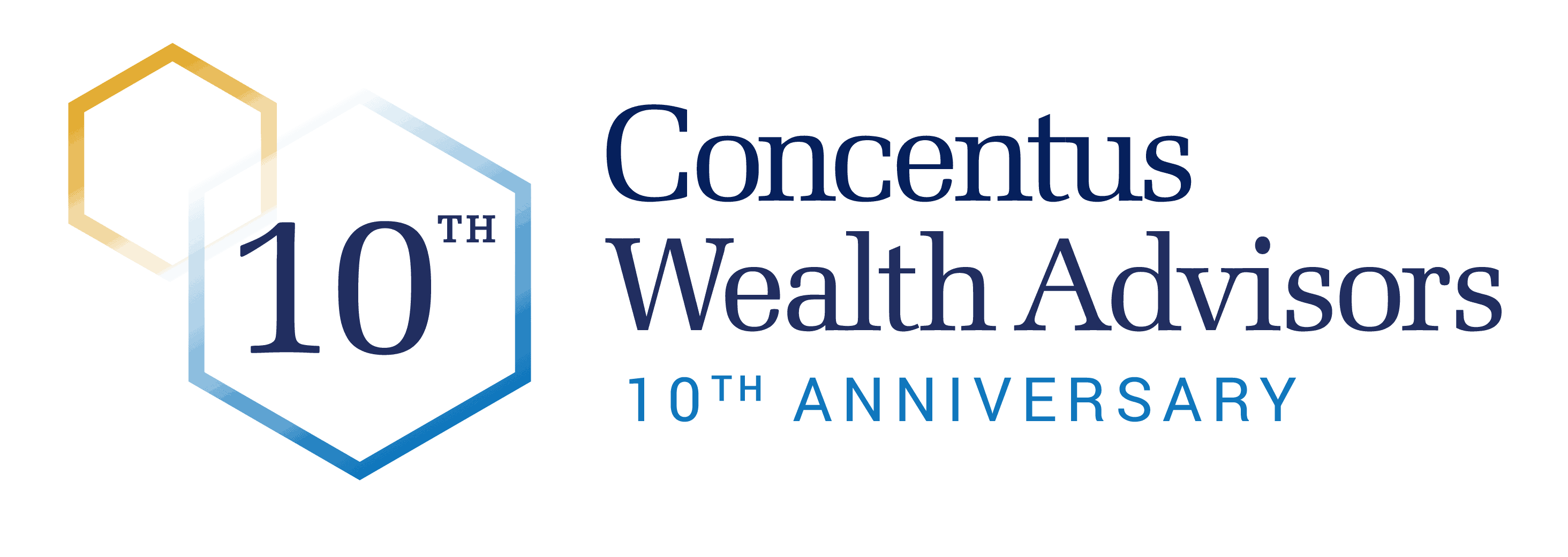“All being is one being.”
– Erwin Schrodinger, Physicist
In a recent article, we explored a concept known as “Maslow’s Hierarchy of needs.” Psychologist Abraham Maslow believed that all humans are constantly striving to ascend up a hierarchy of desires, which begins with our need for security, and then includes our desire for community and belonging, before we can finally achieve a higher state he called self-actualization. According to Maslow, we all yearn to reach this highest level of self-actualization, where we can be the person we wanted to be, living the life we wanted to live.
The journey towards self-actualization is not easy and can present various roadblocks. The first and most formidable one is Maslow’s lowest level – the need for security — which in America today really translates to an obsession with making sure you have enough money. My last article explored the psychology of this pursuit of security.
This week, I’d like to explore Maslow’s next stage: the need for community and belonging.
In my conversations with successful clients about what is important to them, it is common for the discussion to begin with a description of the various financial goals and objectives they want to accomplish so they can feel financially secure. But as we continue to talk about what is important about security, it is also very common to hear clients articulate the various ways in which they hope to expand their personal relationships and sense of connection with others, once they reach a state of financial independence. Invariably, the conversation begins to trend to topics such as spending more time with family and friends, giving back to the world through philanthropy and community service, or more fully expressing their life purpose in their work and professional efforts.
Interestingly, this conversation typically makes it clear that for most people, the feeling of security is a prerequisite to achieving a fuller sense of community and belonging. We must first achieve our own self-centered desire of personal security before we can more fully turn our attention to our relationships with others. Just as Maslow indicated, there is a “hierarchy” of needs which must be filled before we can transition to our higher order needs.
This transition can be described well as the movement from a state of dependence to one of independence and, finally, that of “interdependence.”
Dependence is when one person relies on another to get their needs met to be okay. Financially speaking, this is a state of being in which there is no security – we are at the mercy of other people for our daily needs. It is no surprise that most clients will insist that their one most important goal is that they cannot tolerate the idea of being financially dependent on their children or the government in their retirement and old age.
Independence is when a person relies on themself instead of others to get their needs met and to be okay. As we transition from dependence to independence, we learn to know ourselves well enough to distinguish ourselves from others — to learn what our desires are and what desires belong to others. We construct an idea of ourselves as an independent, separate-ego self who acts as a rugged individualist. This executive self wants to feel in charge of our own destiny and believes we have a whole set of skills and capabilities to act on the world and other people to get what we want. Very often, what we most want is security, and very often, that means we want to be “financially independent.”
Independence is the stepping stone between dependence and interdependence.
Interdependence is when a person engages in a mutual, two-way relationship that becomes bigger than the sum of its parts. This is the realm of win-win, where richness, genuine connection, and deep joy happen, and where knowing oneself means also understanding others. In interdependence, we’re reminded of how much love surrounds us, how much fun it can be to go through things together, and how much we affect each other’s well-being. This is where we know we are not alone in this world.
As we move past our need for security, it also becomes easier to see through our view of an independent executive self and move to a more expansive view of humanity and our place in it: a vision of human relationships where we are not really a separate self, but instead, we are an inseparable part of the community of humanity. We can dedicate our lives to growing relationships and doing fulfilling work to promote the well-being of others, as opposed to just making and having more money.
Many psychologists, philosophers, and spiritual thinkers have described this journey to interdependence over the years. Recently, Harvard psychologist Robert Kegan joined this conversation when he coined the term “The Transforming Self,” which captures the essence of this transition quite well.
According to Kegan, the basest form of psychological development is the socializing self, which is a person who operates out of fear, anxiety, and dependence. You don’t make your own decisions or achieve your own goal; you are simply trying to be accepted by your peers and to conform with them.
You can become the authoring self when you’ve gone from an unhealthy dependence to a healthier state of independence. You have your own sense of self, with your own worldview, goals, and agenda you think you can control. However, you have a perceptual filter that you cannot see beyond. Everything you do is to confirm your bias and achieve your self-centered goals. This is where many people get stuck in their development, highly convinced of their own perspectives and unwilling to alter those views.
The transforming self has moved from an individualistic and competitive view of human relationships to a more relational and collaborative view. At this higher level, one can engage in collaborative relationships for the sake of transformation. All parties may have their own perspectives, goals, and agendas, but they can come together for the purpose of expanding their own identities and sense of self. The whole becomes something new and greater than the sum of its parts. People can evolve and grow in ways far beyond what was possible through individualistic pursuits.
In the end, the pursuit of security is rooted in the illusion that we are separate and independent beings. Our minds are constantly forming our own desires, goals we must achieve, and problems we must solve, and we are self-reliant and capable of acting on the world and other people to get what we want so we can feel secure.
In reality, we are not separate and independent beings; we are relational beings. Our well-being and our ability to survive and thrive are intertwined with the thriving of a huge network of other beings in the world. We can connect with that network by developing our sense of interdependence.
About VALUABLES
Many financial advisors focus on communicating with clients to provide complex analysis of the investment markets and economies. However, we have learned that most clients are not particularly interested in this complex analysis. Most clients hire an advisor for their knowledge of the markets, not for their ability to explain that knowledge. Most want to know what time it is, not how to build a watch.
Experience has taught us that wealthy families care most about using their wealth as a means to a desirable end, which is to achieve a more satisfying, fulfilled and impactful life, and to fulfill their most important Life Values.
VALUABLES is a periodic article series focused on the concepts, systems, and habits which we have observed among families who have been successful in this quest to use their wealth as a tool to live a life of significance. The most successful families share a set of habits, systems, and insights which enable them to use their wealth as a tool to fulfill their Values and what is most important to them.
We named this article series VALUABLES, because it provides an exploration of those habits, systems, and insights. We hope it will help you to consider your assets and possessions which are most valuable to you, and how you can use your financial wealth to enhance and cultivate your true “Valuables”.


Leave A Comment